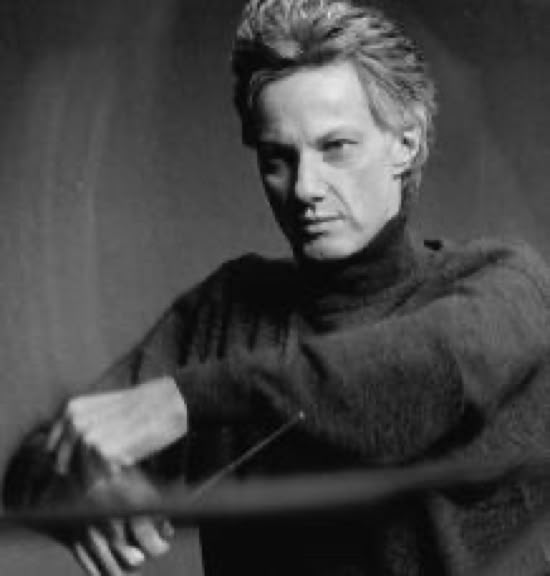Herbert Gietzen is a conductor with many years of international concert and opera experience. His style is characterized by an aesthetic reminiscent of that of his mentor, Herbert von Karajan: flowing, elegant, yet precise movements that represent the expressive content of the music and convey its expression both to the orchestra and the audience, yet avoid any superficial show effects. In this sense, he represents the classic Kapellmeister tradition.
Herbert Gietzen has also felt a strong affinity for composition since his earliest youth, and thus brings a composer's viewpoint to the works he interperets. His analytic ability to understand musical structures both large and small, combined with perfect pitch, have predestined him to be a conductor of contemporary music. These same abilities also make it possible for him to substitute, even in works previously unknown to him, on very short notice, and enable him to conduct even complex scores, such as Bartók's "Concerto for Orchestra" and even entire operas, from memory.
The chief characteristics of his interpretive style, influenced by his analytically-schooled inner ear and executed through his specific conducting technique, may be described as follows: a sound that captivates by its sensuousness, yet always remains transparent; a rhythmic precision that is never stiff, but always retains a living pulse; and a dramatic impetus that rouses both performers and audience alike.
